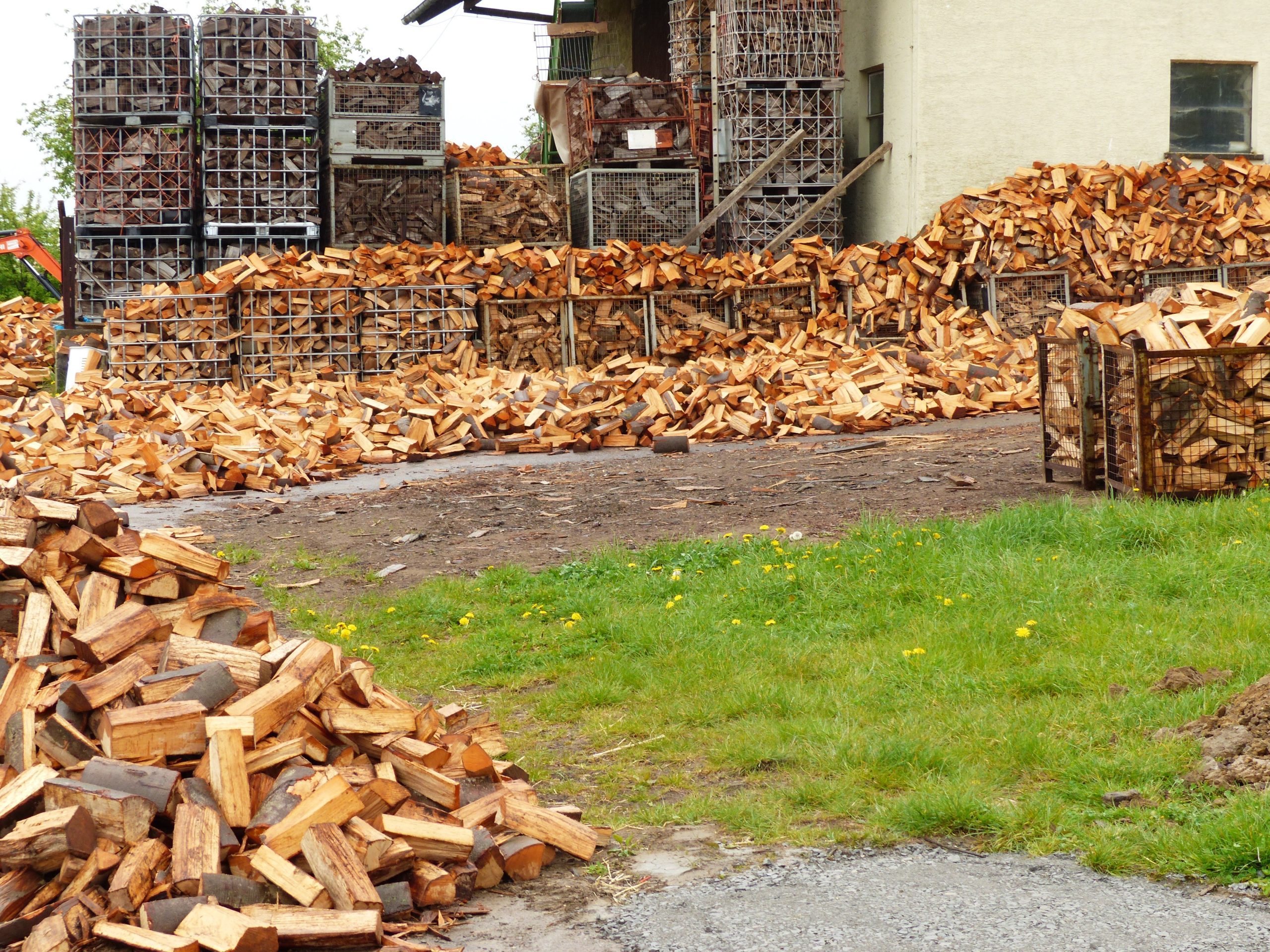Wood as a biofuel is a controversial topic. In a mini-symposium organised by the KNAW on Monday 19 February, scientists met with a critical audience. “Stop burning now!”
Wood for fuel: not as green as it seems to be. (Photo: pxhere)
The motive for the gathering was the publication of a report by the Science Advisory Council of the European Academies (EASAC). The report, Multi-functionality and sustainability in the European Union’s forests, warns that ‘European policies are biased towards the use of forest biomass for energy with potentially negative effects on the climate over the short to medium term.’ In other words: using wood as biofuel may increase CO2 emissions and speed up climate change.
A member of the audience put forward a simple and clear argument: “We need forests to capture CO2 from the atmosphere. It is counter-productive to fell forests for fuel and thus increase CO2 emissions. Worldwide, forest areas are shrinking and forest quality is going down. We should stop burning now.”
On the other hand, there is a growing hunger for energy. The newly adopted EU directive to double Europe’s renewable energy by 2030 means an increasing demand for every form of renewable energy: wind, solar and biofuel.
Currently, wood pellets made from wood residues provide 7% of the primary energy need in Europe. Pellets are a waste product of the timber industry. Trees are felled for their wood. Branches and tops are shredded and then pressed into pellets. According to Professor Gert-Jan Nabuurs (Wageningen University), the maximum share of sustainable wood residues in the energy mix is 10-11%. “Sustainable wood-based bio-energy is a small part of the solution,” he said.
‘Sustainable wood-based bio-energy is a small part of the solution’
“Europe’s own demand for wood would degrade forests around the world, but if other countries follow Europe’s example, the impacts would be even more dangerous,” a dozen scientists write in a reaction to the EU directive in the Guardian.
Moreover, there is the question of CO2 emissions of wood as biofuel. In theory, biomass is carbon-neutral because the emissions will be absorbed by the next generation of vegetation. In practice, however, CO2 emissions from wood-fired installations are 50% higher for the same heat than coal (and three times more than gas-fired plants). And it takes decades before new trees absorb the released carbon-dioxide. In the meantime, atmospheric concentrations of CO2 will peak.
Therefore, EASAC scientists conclude: ‘The European Commission should consider the extent to which large-scale forest biomass energy use is compatible with the Paris targets (of limiting warming to 1.5˚C above pre-industrial levels).’
In other words: there is a real danger that EU renewable energy policies aimed at reducing CO2 emissions result in the exact opposite.
Do you have a question or comment about this article?
j.w.wassink@tudelft.nl


Comments are closed.